Modernization of the grid and harnessing the potential of distributed renewable energy resources is the focus of the Australian Renewable Energy Agency’s (ARENA) latest round of funding.
A total of $2.46 million was set aside for the Australian Energy Market Operator (AEMO) to run a trial over a 12 to 18 month period focusing on the operational capabilities of virtual power plants (VPPs) to deliver energy and frequency control ancillary services.
AEMO will bring together all existing pilot scale VPPs around Australia and jointly operate their portfolio of distributed energy resources (DER) to deliver energy, system security and local network support services.
The goal is to make all VPPs visible to the market operator and use the data collected to inform changes to regulatory settings and operational processes. This will pave the way to smooth integration of VPPs before they reach commercial scale.
ARENA CEO Darren Miller said the trial is a vital step towards increasing participation of VPPs in the National Electricity Market (NEM) so they can deliver energy and increase market competition, which will ultimately benefit all customers, as well as helping to provide system security and reliability.
“AEMO needs visibility over VPPs and the ability to test how they operate within the market if we want to maximise the benefit both to consumers and to the system. This trial will allow us to learn how to better integrate larger scale VPPs in the coming years,” he said.
Indeed, Australia boasts a growing pipeline of VPPs. Though presently most projects are relatively small in scale – approximately 5-10 MW, AEMO forecasts there may be up to 700 MW of VPP capacity by 2022.
To date a number of projects have been initiated by state governments, including the world’s largest VPP, South Australia’s 250 MW/650 MWh system, and gentaileres, such as AGL (5 MW VPP in Adelaide), Simply Energy (8 MW VPP also in Adelaide) and Origin Energy (5 MW plant in Victoria).
“Australia’s energy landscape is transforming towards a deep penetration of consumer-level renewable generation and storage capability,” AEMO Managing Director and CEO Audrey Zibelman said, noting the trial will provide evidence-based learning to advance the integration of DER into the grid.
“Our focus is on the operation of the bidirectional system to increase system security and consumer value for both VPP participants and the power system as a whole,” she said.
New funding for Decentralized Energy Exchange (deX)
ARENA has also committed $10 million in funding to Melbourne-based energy tech company GreenSync to accelerate the deployment of its innovative distributed energy platform over the next three years.
deX is a digital marketplace designed to help electricity networks better utilize the increasing penetration of DERs and VPPs and allow consumer energy assets to be registered and visible to the grid. It also enables consumers to benefit from selling their generation from assets and appliances such as solar PV, batteries, smart air conditioners and hot water systems to be used for a range of grid services such as managing frequency, providing energy for the wholesale market and reducing network constraints.
The technology agnostic platform opened for business last October and the new ARENA funding will help GreenSync to scale up deX to be rolled out nationally.
Thus far, over 100 organisations across 20 countries have partnered with deX, including major utilities, leading technology brands and industry bodies. Globally, deX has been contracted for major projects in Europe and Japan, while the full $32 million deX platform will be scaled up on the home turf through select partnership projects with governments, networks and technology vendors.
ARENA CEO Darren Miller said deX has the potential to be a key pathway for ensuring DER can be integrated into the grid, and would play a role in transforming Australia’s electricity market into a two-way, decentralised modern grid.
“In a rapidly evolving energy market and growth in consumer energy, GreenSync through their deX platform is addressing vital issues with DER including physical integration and visibility with the grid, ensuring network limits are considered when dispatching, and achieving financial market integration to ensure value is maximised for consumers that own DER,“ he said.
Initially created through a collaboration of utilities and technology companies during an ARENA A-Lab event in 2016, ARENA subsequently provided GreenSync with $450,000 in funding to develop and pilot the deX prototype in the ACT and Victoria.
Following the launch in Australia, the company said it would seek to progressively launch deX in the United Kingdom (Q3/2019), Japan (Q4/2019) and the United States (early 2020) in cooperation with its partners.
“As Australia is leading the charge with this technology globally, GreenSync sees a significant export opportunity for this and other innovative energy technologies in the deX ecosystem to meet the challenge of powering our grids by 100% renewables,“ GreenSync CEO Phil Blythe said.
This content is protected by copyright and may not be reused. If you want to cooperate with us and would like to reuse some of our content, please contact: editors@pv-magazine.com.
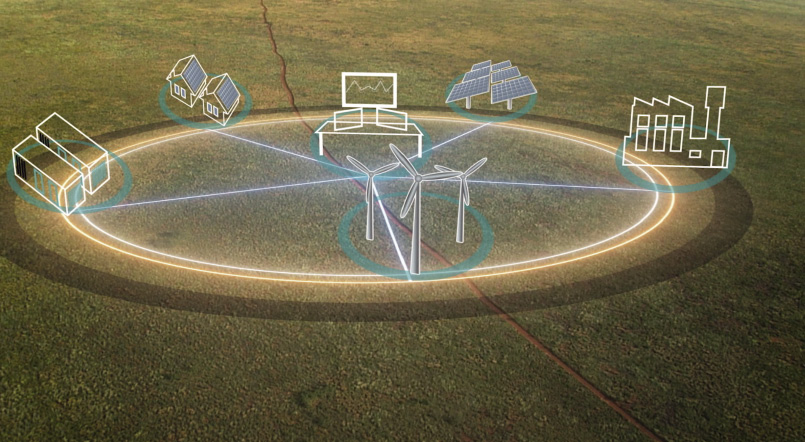


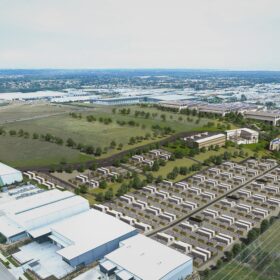
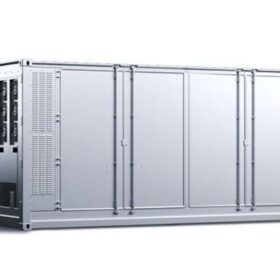
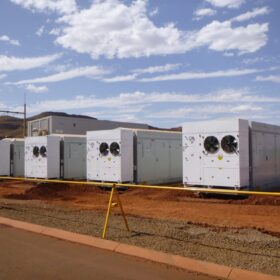
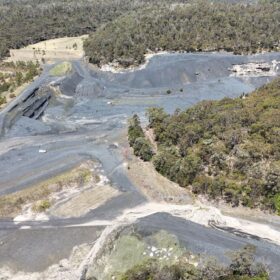
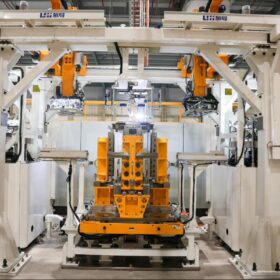
By submitting this form you agree to pv magazine using your data for the purposes of publishing your comment.
Your personal data will only be disclosed or otherwise transmitted to third parties for the purposes of spam filtering or if this is necessary for technical maintenance of the website. Any other transfer to third parties will not take place unless this is justified on the basis of applicable data protection regulations or if pv magazine is legally obliged to do so.
You may revoke this consent at any time with effect for the future, in which case your personal data will be deleted immediately. Otherwise, your data will be deleted if pv magazine has processed your request or the purpose of data storage is fulfilled.
Further information on data privacy can be found in our Data Protection Policy.